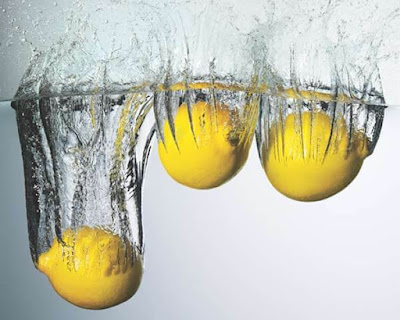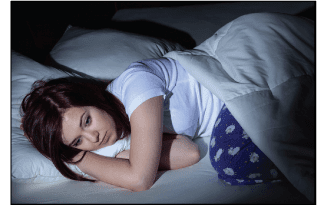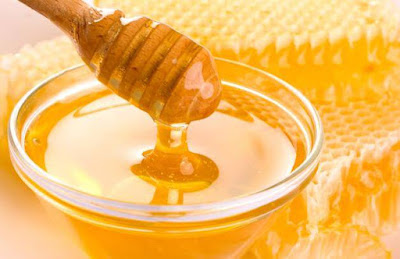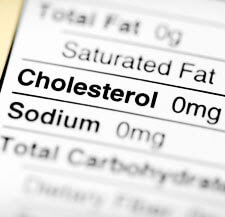If you wish to achieve sustainable weight loss, changing to some Paleo diet plan might end up being one of best first steps.
But you need to remember that it is far from the only method that you can accomplish lasting weight reduction.
The Paleo diet plan should be used along with a number of other healthy ways of life practices this is the 3 ways to lose weight with paleo diet :
1.Keep Your Meals Simple
For Paleo dieters, keeping the real food simple, totally free from lavish flavorings as well as ingredients will help avoid any tendency to overindulged. Instead, save these high-flavor, fattening special recipes to special occasions.
If a you are the type who finds this difficult to reduce your calorie consumption then going on Paleo will definitely help to make it simpler.
The majority of Paleo dieters have turn out to be successful in losing their own excess poundage without actually trying or consciously limiting any high-calorie foods.
Their own weight reduction success may be attributed to the particular simplicity of most Paleo dishes.
Simple Paleo dishes have less extreme taste and flavor so generally there is less inclination to overeat.
Some conditioning as well as habit-breaking might be needed to give up a few sugar-laden treats.
A firm decision to eat with regard to health will help get started. When the actual weight starts coming off it will be simpler to say no!
Paleo is all about basic healthy eating. fresh vegetables, rich sources of healthy fat and protein and remain away from processed food.
2.Eat Enough
In no way make the mistake of eating less when you're dieting simply because you want to lose weight with paleo diet.
When you eat much less food, you may become depriving yourself of sufficient nutrients to fuel your own body on daily basis.
Even if you are overweight you have likely not gained all those pounds from the healthiest of foods.
Keep in mind too that not enough eating could mean reducing your caloric intake to the stage that you lower your resting metabolic rate that may lead unwanted weight reduction to stall.
Be sure to eat enough to guarantee that the body may still be able to work in an ideal level. No matter what type regarding diet plan you choose, remember that "dieting" is actually NOT synonymous with "starvation".
Undereating is as dangerous as overeating. moving to some healthy as well as filling Paleo diet will certainly provide all the required nutrients and calorie consumption to provide you through your day.
Just by not eating all those foods which are not really part of a Paleo diet will start obtaining off the extra weight.
3.Know Your Carbohydrate Tolerance
The particular amount of carbohydrate tolerance may differ in one particular person to another.
Proceeding on a low-carb diet plan may definitely be great for some people whilst others could find themselves experiencing symptoms of hypoglycemia between meals.
if your body is actually conditioned to regular sweet snacks all day this can take an about time for the physique to re-balance and change to a new diet.
In the changeover period if you encounter cravings between meals possess a handful nuts or similar. You will certainly be able to reduce these cravings over the actual first week or two.
This is necessary that the actual amount of calories a person consume matches the quantity of exercise and physical activity that you perform every day.
Some people make the mistake regarding ramping up their workout program while also slicing back on the carbs intake.
Even though this can certainly help you shed pounds quicker it can also put added stresses on your own system which may become already struggling with diet plan change shock.
If a person are living an inactive life because of the physical disability or any kind of health-related problem that prevent you from exercising or even becoming too physically energetic, reducing your carbohydrate consumption may indeed help you to shed pounds with no causing further harm to your body.
So the 3 key ways to lose weight with paleo diet are:
Keep your meals simple. Stay away from the fattening special dishes for the special events.
Eat enough. When you eat less you might be depriving your entire body of sufficient nutrients
Understand your carbohydrate tolerance. A few people may experience hypoglycemia if their carb diet is too low.
Don't forget to seek advice from your doctor first before making any drastic adjustments to your diet, especially if you have an underlying medical problem.
tags:Lose Weight with Paleo Diet,Weight loss with Paleo Diet,how to Lose Weight with Paleo Diet,paleo lifestyle,paleohacks












